LATEST ADDITIONS
Of course, any room can be made dark at night simply by turning off the lights. But if you watch during the day in a room with windows, sliding glass doors, skylights, or other transparent/translucent openings to the outside world, you need black-out shades or other coverings to darken the room, which might or might not be practical for one reason or another.
I'm curious to know if this is a big problem among our readers. How well can you control the ambient daylight in the room you use as a home theater? I'd also love to know how you control ambient daylight. Blackout shades? A windowless room? If you have a front projector, do you use an ambient-light-rejecting screen?
Vote to see the results and leave a comment about your choice.
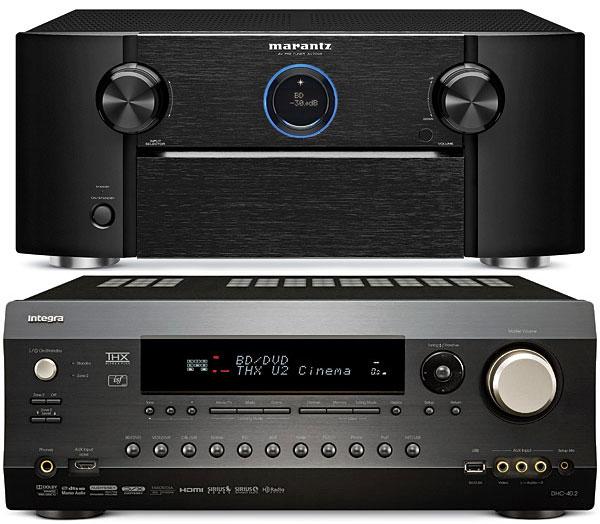

 As a defense attorney, your job isn't to decide who's guilty or innocent, it's to make sure your client gets a fair trial and to present the facts of the case in a way to provide the jury with reasonable doubt in order to gain an acquittal. Hotshot Los Angeles lawyer Mickey Hailer (Matthew McConaughey) is hired to defend a wealthy young man (Ryan Phillippe) who's accused of rape and suddenly finds himself embroiled in a game of deception that threatens not only his career, but his own life.
As a defense attorney, your job isn't to decide who's guilty or innocent, it's to make sure your client gets a fair trial and to present the facts of the case in a way to provide the jury with reasonable doubt in order to gain an acquittal. Hotshot Los Angeles lawyer Mickey Hailer (Matthew McConaughey) is hired to defend a wealthy young man (Ryan Phillippe) who's accused of rape and suddenly finds himself embroiled in a game of deception that threatens not only his career, but his own life.
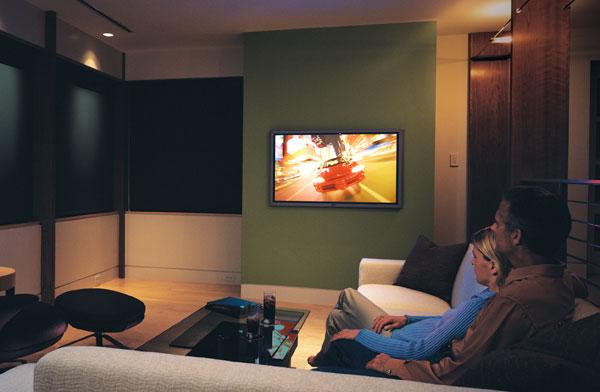
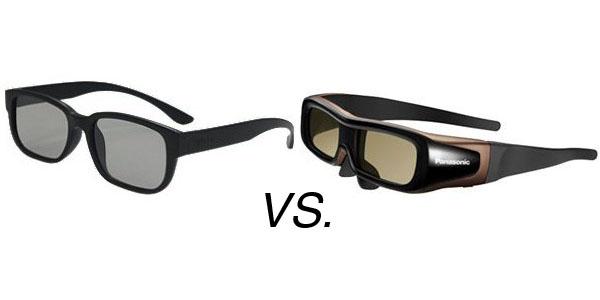

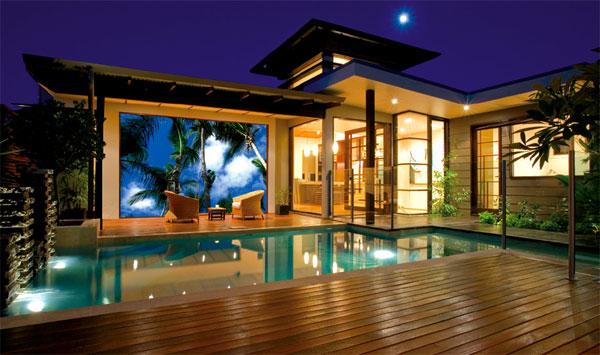
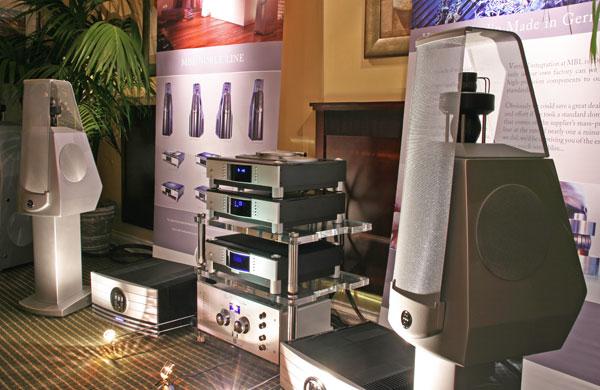
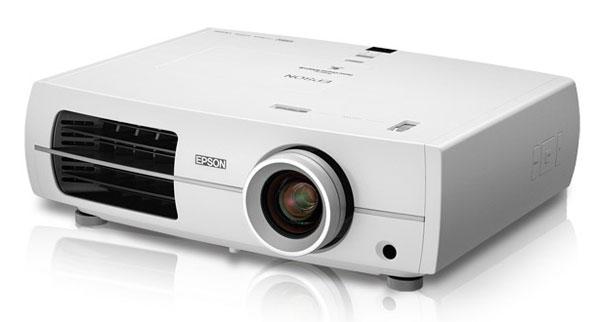
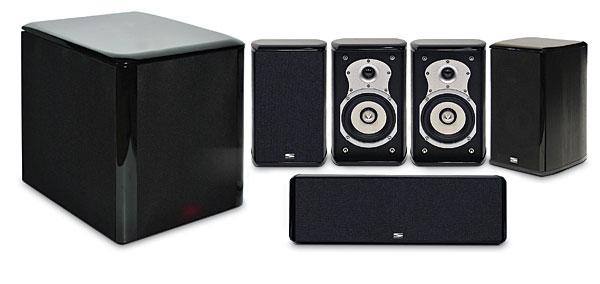
 Price: $1,398 At A Glance: Silk-dome tweeter with thermal protection • Race-car-inspired woven-fiberglass woofer • Sub’s passive radiators kill port noise
Price: $1,398 At A Glance: Silk-dome tweeter with thermal protection • Race-car-inspired woven-fiberglass woofer • Sub’s passive radiators kill port noise




